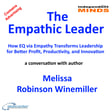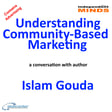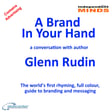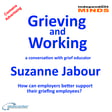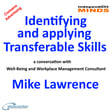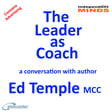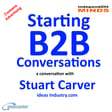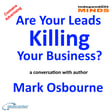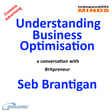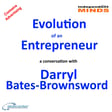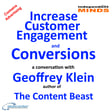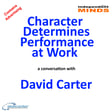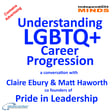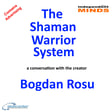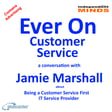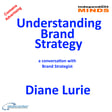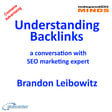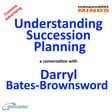
The Interconnectivity of Success - a conversation with Stephan Szugat
Stephan Szugat is founder of Self Coaching 365 and the author of Interconnected Success in which he explains the connections between business management and the coaching techniques that help businesses to be more successful.
In this episode of the Abecederpodcast The Independent Minds, Stephan explains his seven-point model that breaks down the activities that any type or size of organisation need to undertake efficiently and effectively to become successful.
Find out more about both Michael Millward, and Stephan Szugat at Abeceder.co.uk
The Independent Minds is made on Zencastr, because as the all-in-one podcasting platform, on which you can create your podcast in one place and then distribute it to the major platforms, Zencastr really does make creating content so easy.
If you would like to try podcasting using Zencastr visit zencastr.com/pricing and use our offer code ABECEDER.
Matchmaker.fm If you are a podcaster looking for interesting guests or if like Chris, you have something interesting to say Matchmaker.fm is where matches of great hosts and great guests are made. Use our offer code MILW10 for a discount on membership.
Travel - Stephan is based in Germany. Members of the Ultimate Travel Club, can travel to Germany at trade prices on flights, hotels, trains, package holidays and all sorts of other travel purchases. You can become a member at a discounted price by using my offer code ABEC79 when you join-up.
Fit For Work Look after your health and you will be fit for work.
It is always a good dea to know the risks early so that you can take appropriate actions to maintain good health, that is why we recommend The Annual Health Test from York Test.
York Test provides an Annual Health Test. An experienced phlebotomist will complete a full blood draw at your home or workplace. Hospital standard tests covering 39 different health markers are carried out in a UKAS-accredited and CQC-compliant laboratory.
A Personal Wellness Hub gives access your easy-to-understand results and guidance to help you make effective lifestyle changes anytime via your secure, personal Wellness Hub account.
Visit York Test and use this discount code ABECEDER2.
Three the network If you are listening to The Independent Minds on your smart phone, you may like to know that Three has the UK’s Fastest 5G Network with Unlimited Data, so listening on Three means you can wave goodbye to buffering.
Visit Three for information about business and personal telecom solutions from Three, and the special offers available when you quote my referral code WPFNUQHU.
Being a Guest
If you would like to be a guest on The Independent Minds, please contact using the link at Abeceder.co.uk.
We recommend that potential guests take one of the podcasting guest training programmes available from Work Place Learning Centre.
We appreciate every like, download, and subscriber.
Thank you for listening.
